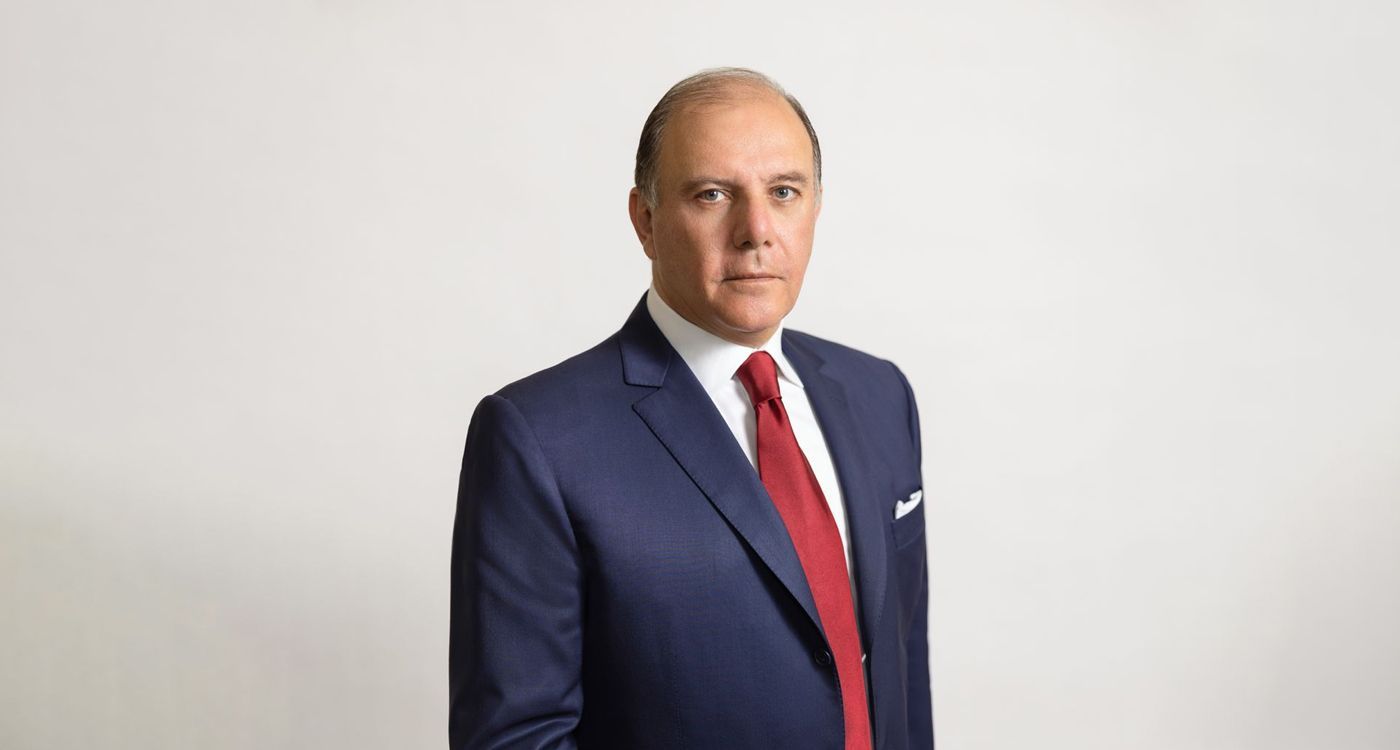
During the Spring Meetings of the International Monetary Fund and the World Bank in Washington, Banque du Liban Governor Karim Souhaid delivered a stark and candid assessment of Lebanon’s critical condition. Speaking to an audience of international experts and policymakers, Souhaid described a country “at a crossroads—between fragility and recovery, between inertia and transformation.”
In his view, Lebanon’s crisis extends far beyond financial collapse. It reflects a “deep institutional failure” that has weakened the foundations of both the public and private sectors. Yet, within this turmoil, Souhaid sees a window of opportunity—to address systemic dysfunctions, implement structural reforms, and rebuild public trust.
The governor was adamant: Lebanon is fully committed to the reform path. “This is not a political slogan,” he stressed. Recovery, he said, hinges on tackling entrenched problems: an overgrown public sector, runaway public debt, a paralyzed banking system, and outdated regulatory frameworks.
At the Central Bank, the priority is clear: safeguarding the state’s assets while working with the government and financial institutions to restore the solvency and credibility of the financial system. This, he noted, requires strict controls, enhanced transparency, and alignment with international best practices.
Souhaid acknowledged that the most challenging task ahead is the restructuring of the banking sector—an essential step to restoring confidence, reviving credit, and supporting productive investment. Protecting depositors remains a top priority, but, he emphasized, this must occur within a “realistic and fair framework.”
For Souhaid, the path forward lies in securing a comprehensive and credible agreement with the IMF. “This is not an external imposition,” he said, “but a recovery tool—a framework for fiscal and monetary discipline, and a catalyst of confidence for both investors and depositors.”
He concluded with a firm message: “Lebanon is ready to make the tough choices, to bear the political cost, and to be held accountable for its actions.”



Comments